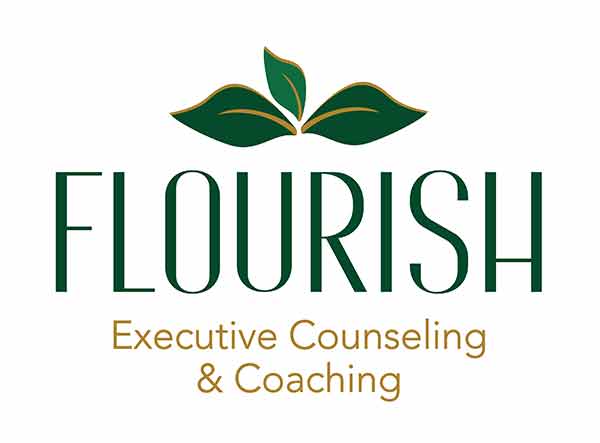The success of any organization heavily relies on the competence and capability of its key stakeholders. Executives and CEOs must prioritize the development of these individuals to ensure sustained growth, synergy, and overall organizational success.
This article explores the benefits of stakeholder development and provides actionable steps to enhance their skills and contributions.
The Benefits of Developing Key Stakeholders
Enhanced Organizational Growth
The more competent and capable your key employees become, the more your organization will thrive. Well-developed stakeholders can handle complex tasks effectively, drive innovation, and contribute to the overall growth of the company.
Improved Emotional Intelligence and Relationship Skills
Developing your stakeholders can enhance their emotional intelligence (EQ) and relationship skills, leading to less conflict and more synergy within teams. These soft skills are crucial in fostering a cohesive work environment where collaboration flourishes.
Increased Ownership and Confidence
As people grow in confidence, they take greater ownership of their positions. This leads to better performance and stronger relationships with colleagues, ultimately boosting team morale and productivity.
Problem Reduction
Effective stakeholder development can reduce recurring issues within the organization. For example, if an employee repeatedly fails to meet expectations, targeted development can address deficiencies, transforming them into a more reliable and productive team member.
Higher Retention Rates
Retention and training are hot topics in today’s corporate world. Professional development is a proactive way to retain your team by showing you are invested in their growth. When employees feel valued and see opportunities for advancement, they are more likely to stay loyal to the company.
3 Steps to Developing Key Stakeholders
1. Assess the Need for In-House vs. Outsourced Development
- Outsource if authentic feedback and a sense of urgency are necessary. External coaches with psychology backgrounds often possess the skills required to develop employees more effectively than internal resources.
- Outsource if you are frustrated with a lack of change. If you do not see the desired improvements from a team member, external coaches can step in to reduce friction and bring about the necessary changes.
- Outsource if you do not have the time. If your schedule does not permit active involvement in stakeholder development, hiring external coaches ensures your employees receive the attention they need.
2. Consider In-House Development if You Love to Mentor Others
- In-house development is ideal if you excel at developing people. If you enjoy mentoring and have a strong track record in this area, taking on the role can be highly beneficial for both you and your stakeholders.
- Consider your availability. Do you have time to coach a key employee? Or will other objectives interfere with your involvement?
- Assess employee openness. Ensure that the employee is receptive to learning from you. A willingness to grow and adapt is crucial for successful in-house development.
3. Outsourced Development is Effective and Efficient
- Executive coaches are adept at developing others effectively. Because it’s a large component of their work, they excel at developing others.
- Outsourcing development can expedite a key employee’s readiness. Hiring an executive coach is a great option when the organization will benefit from the employee being developed quickly. This occurs when negative behaviors from the employee need to be curtailed as soon as possible. Or when the company needs an individual to take on greater responsibilities urgently.
4. Implement a Structured Development Plan
- Set clear goals. Define the objectives of the development program and what you aim to achieve with each stakeholder.
- Continuous feedback. Regularly provide constructive feedback and monitor progress to ensure the development plan is on track.
- Encourage self-assessment. Allow employees to reflect on their growth and areas of improvement, fostering a culture of continuous learning.
Conclusion
Developing key stakeholders is not just a strategic move but a necessity in today’s competitive business landscape. By investing in your team’s growth, you ensure organizational resilience, improve workplace cohesion, and position your company for sustained success.
At Flourish Executive Counseling and Coaching, we specialize in helping organizations harness the full potential of their stakeholders. If you’re ready to invest in your team’s development, book a consultation with us today and take the first step towards a more dynamic and capable workforce.


